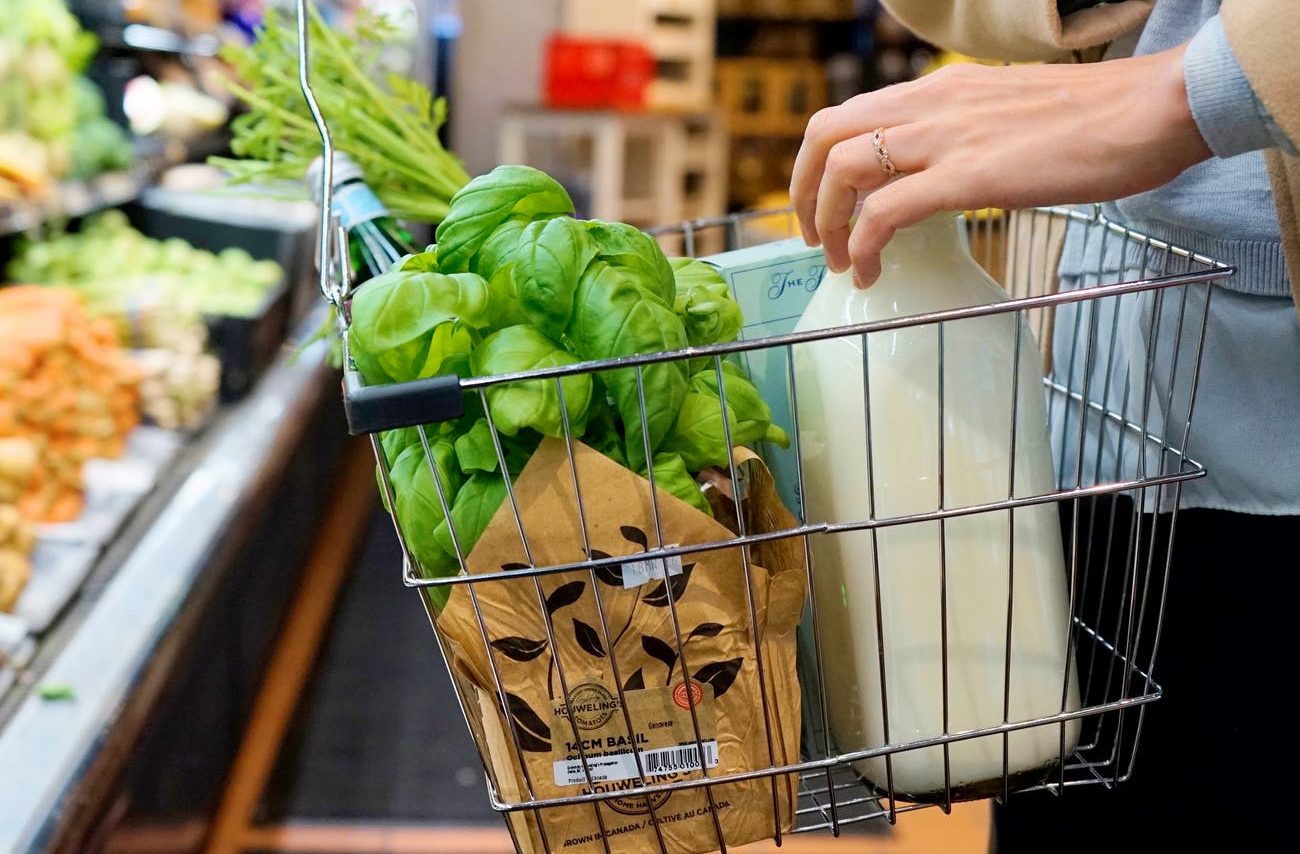
By Professor Ian Thomson and Dominic Bates
Lloyds Banking Group Centre for Responsible Business
Over the past 25 years, Fairtrade estimates it has helped generate an extra one billion Euros for farmers and their communities around the world by guaranteeing sustainable prices for their produce and paying an additional sum to invest in social and environmental projects. From chocolate to fresh fruit, there are now more than 4,500 Fairtrade certified-products in the UK accounting for almost £2bn in sales.
And it’s not just the farmers who benefit. Retailers can charge more for Fairtrade products too, with conscientious consumers happy to pay extra. An experiment in one chain of US grocery stores found sales of their most popular own-brand coffee increased by 10% when carrying the Fairtrade label and were unaffected by an 8% increase in price (by comparison, a similar price hike on their ‘unfairly-traded’ coffee saw sales collapse by 30%). Numerous other studies from around the world have confirmed that people are generally willing to pay this price premium for products that are labelled as being more sustainable and environmentally friendly.
So why aren’t other so-called ‘ecolabels’ and certification schemes as successful as Fairtrade? Perhaps the biggest drawback is that their sheer number can be confusing. One international study in 2014 found the public’s understanding of sustainability was narrow and limited (particularly around carbon footprints) and largely only pertained to the environmental rather than social impact of a product. Only a handful of the most well-known and self-explanatory labels, like Rainforest Alliance and Fairtrade, even registered with the participants, and very few referred to even these when considering which products to purchase.
But even if a label does succeed in marking out the sustainability of a product above the fray of less ethical competition, trust is essential to any label’s effectiveness. Researchers have found that sponsorship or third-party certification schemes are not only an important way of ensuring consumer confidence in any such ecolabels, but the source of those endorsements is also key. While labelling schemes run by governments and NGOs were most trusted by consumers, those developed by business organisations were deemed untrustworthy, unless audited by credible third parties. Typically, the best labels are produced by long-standing organisations (like Fairtrade) that are charitably or self-funded with a clear and publicly available purpose, making plain what their motives are. That independence, clarity and openness helps build trust and reputation not just with consumers but also with producers.
Obviously, public confidence in certification schemes relies on them maintaining the standards they espouse. The internationally used Forest Stewardship Council (FSC) label, that’s meant to guarantee wood is sourced from responsibly managed forests, was brought into disrepute after an investigation into IKEA furniture in 2020 found timber from illegally logged forests in the Ukraine that had managed to pass the FSC’s compliance tests. Yet even the most rigorous and reputable of certification schemes can sometimes fail for unanticipated reasons. WWF (World Wide Fund for Nature) has made a huge financial and reputational investment in creating a sustainable palm oil certification scheme, RSPO, after recognising that alternative crops to palm were far more inefficient, land-hungry and environmentally damaging. But the whole issue of palm oil has become so toxic in the minds of consumers that any use of it – regardless of its sustainability – is shunned, and many retailers have pledged to remove palm oil from their products altogether to avoid being associated with any controversy.
Whether it turns out to be justified or not, it’s important that consumers maintain a healthy level of scepticism when faced with a new ecolabel and look beyond the surface. Unlike Fairtrade, many are not subject to regulation or control and are sometimes produced by the very company making the product. So ask yourself: who’s producing the label? What for? Who funds it? And what track record of responsible and sustainable impacts can they show? If it’s a struggle to find the answers to any those things, the chances are the label has little credibility and may well misguide you to make a purchase that is neither fair nor sustainable.
Ian and Dominic’s forthcoming book, Urgent Business, is published by Bristol University Press on 22 February 2022 and available to pre-order now.
The views and opinions expressed in this article are those of the author and do not necessarily reflect the official policy or position of the University of Birmingham.
